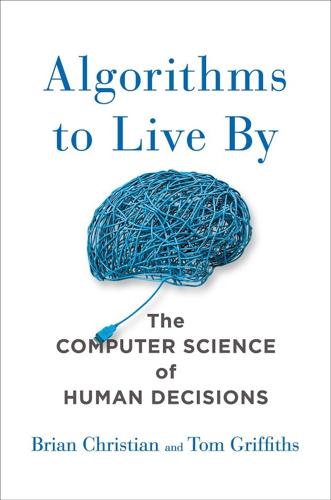
Algorithms to Live By: The Computer Science of Human Decisions
by
Brian Christian
and
Tom Griffiths
Published 4 Apr 2016
The first telephone call in history, made by Alexander Graham Bell to his assistant on March 10, 1876, began with a bit of a paradox. “Mr. Watson, come here; I want to see you”—a simultaneous testament to its ability and inability to overcome physical distance. The cell phone began with a boast—Motorola’s Martin Cooper walking down Sixth Avenue on April 3, 1973, as Manhattan pedestrians gawked, calling his rival Joel Engel at AT&T: “Joel, I’m calling you from a cellular phone. A real cellular phone: a handheld, portable, real cellular phone.” (“I don’t remember exactly what he said,” Cooper recalls, “but it was really quiet for a while.
…
“stupid to shake it up any further”: Tim Adams, “Dicing with Life,” Guardian, August 26, 2000. 10. NETWORKING “connection has a wide variety of meanings”: Cerf and Kahn, “A Protocol for Packet Network Intercommunication.” “Only connect”: Forster, Howards End. “handheld, portable, real cellular phone”: Martin Cooper, “Inventor of Cell Phone: We Knew Someday Everybody Would Have One,” interview with Tas Anjarwalla, CNN, July 9, 2010. The message was “login”—or would have been: Leonard Kleinrock tells the story in a 2014 video interview conducted by Charles Severence and available at “Len Kleinrock: The First Two Packets on the Internet,” https://www.youtube.com/watch?

Cybersecurity: What Everyone Needs to Know
by
P. W. Singer
and
Allan Friedman
Published 3 Jan 2014
Better and cheaper technology will not only concentrate computational power, it will also distribute it across the globe. This is the essence of another key trend, what has been called the “mobile revolution.” From one perspective, telecommunications going mobile is not that new a trend. The process arguably began in 1973, when Motorola engineer Martin Cooper stood on a New York City street and called his rival at Bell Labs to crow about beating him to the invention of a mobile telephone (meaning the “revolution” started with a prank call). But as phones became “smart” and added Internet functionality, the Internet itself went wireless and mobile (for instance, the percentage of visitors to websites using mobile devices jumped from 1.6 percent in 2010 to 20.2 percent in 2012).
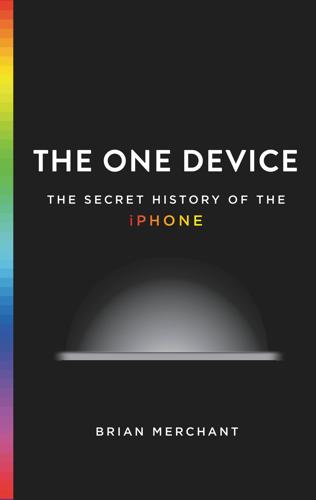
The One Device: The Secret History of the iPhone
by
Brian Merchant
Published 19 Jun 2017
Top-tier mobile devices might seem expensive now, but they’re not even in the same league as the first private radio-communications systems, which literally cost as much as a house. The rich didn’t use radio to fight crime, of course. They used them to network their chauffeurs, allowing them to coordinate with their personal drivers, and for business. By 1973, the networks were broad and technology advanced enough that Motorola’s Martin Cooper was able to debut the first prototype mobile phone handset, famously making a public call on the toaster-size plastic cell. But the only commercially available mobile phones were car-based until the mid-1980s arrival of Motorola’s DynaTAC—the series of phones Frank Canova would experiment with to create the first smartphone.
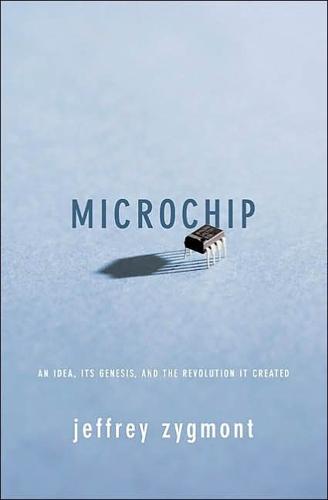
Microchip: An Idea, Its Genesis, and the Revolution It Created
by
Jeffrey Zygmont
Published 15 Mar 2003
.; historical information on Motorola that appears throughout the chapter is found primarily in Motorola: A Journey Through Time and Technology, a commemorative booklet published by the Motorola Museum of Electronics, Schaumburg, Illinois, in 1994. page 156 In two-way radios, the communication division ... (including interactions with the semiconductor makers described in the following two paragraphs); Martin Cooper, interviewed by telephone on September 21, 2001. page 157 Linder's work with ICs ...; the full discussion on the function of a frequency synthesizer and tuning crystals come from Linder. Notes 231 page 158 In the beginning, it didn't look .. . ; a summary of the regulatory proceedings involved in the creation of cellular telephony is available in "Cellular Telephone Regulation" by Mark R.

The Idea Factory: Bell Labs and the Great Age of American Innovation
by
Jon Gertner
Published 15 Mar 2012
Annual rainfall averages 102 inches; both the relative humidity and temperature average a steady 82.” 12 Gerry DiPiazza, author interview. 13 DiPiazza worked on something known as “discriminatory radar.” The technology was meant to identify an enemy warhead amid an obscuring cloud of tiny foil decoys. 14 Within a few years, Motorola would propose a competing system and would develop the first portable, handheld cell phone. The Motorola handset, developed by Martin Cooper, is a good example of how technological leaps are often perceived reductively. The handset invention demonstrated that cellular receivers could be portable and handheld, as many people at Bell Labs—John Pierce especially—had long imagined. But without the development of the cellular system, Cooper’s important advances would have had little impact. 15 These were not transmission “trunks” connecting intercity routes, nor were they transmission “loops” connecting subscribers to local switching offices.
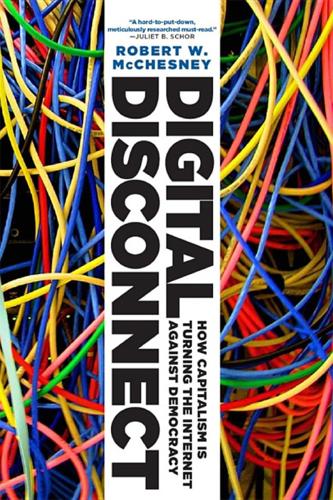
Digital Disconnect: How Capitalism Is Turning the Internet Against Democracy
by
Robert W. McChesney
Published 5 Mar 2013
For a superior examination of the spectrum issue, see Meinrath, Losey, and Pickard, “Digital Feudalism,” 435, 437, 465, 466. 99. Peter Barnes, Capitalism 3.0: A Guide to Reclaiming the Commons (San Francisco: Berrett-Koehler, 2006), 127. 100. See Brian Chen, “Carriers Warn of Crisis in Mobile Spectrum,” New York Times, Apr. 17, 2012. Chen quotes cell phone inventor Martin Cooper, who dismisses the claim as unfounded. 101. MacKinnon, Consent of the Networked, 120. 102. Bruce Upbin, “Complacent Telcos Deliver Americans Third Rate Service at High Prices,” Forbes online, July 21, 2012, forbes.com/sites/bruceupbin/2012/07/21/americans-suffer-from-third-rate-broadband-at-high-prices. 103.
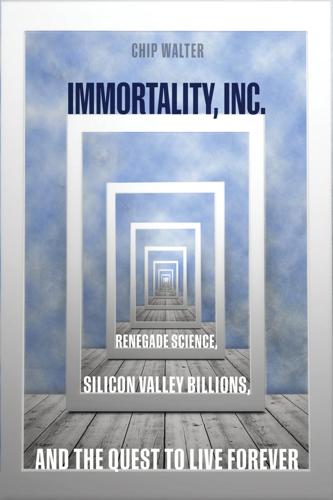
Immortality, Inc.
by
Chip Walter
Published 7 Jan 2020
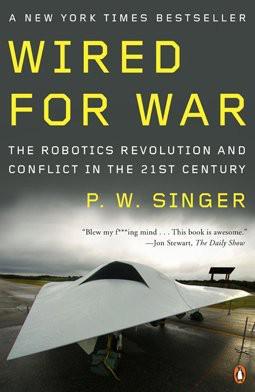
Wired for War: The Robotics Revolution and Conflict in the 21st Century
by
P. W. Singer
Published 1 Jan 2010
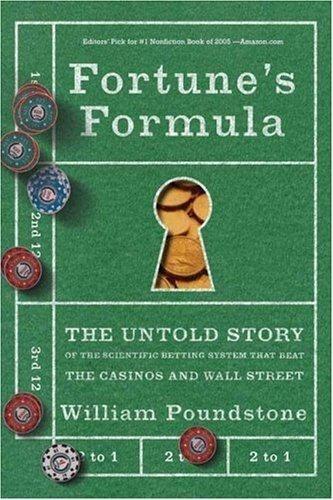
Fortune's Formula: The Untold Story of the Scientific Betting System That Beat the Casinos and Wall Street
by
William Poundstone
Published 18 Sep 2006
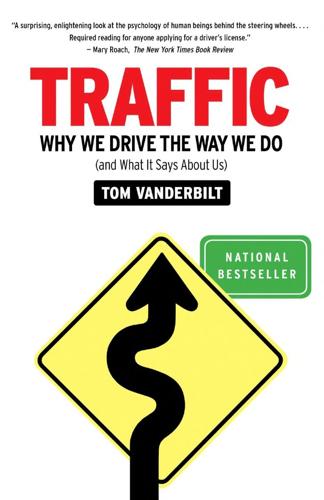
Traffic: Why We Drive the Way We Do (And What It Says About Us)
by
Tom Vanderbilt
Published 28 Jul 2008